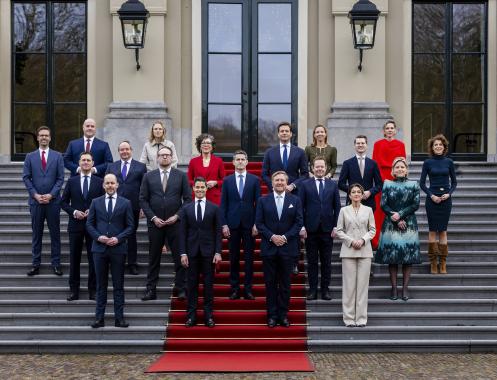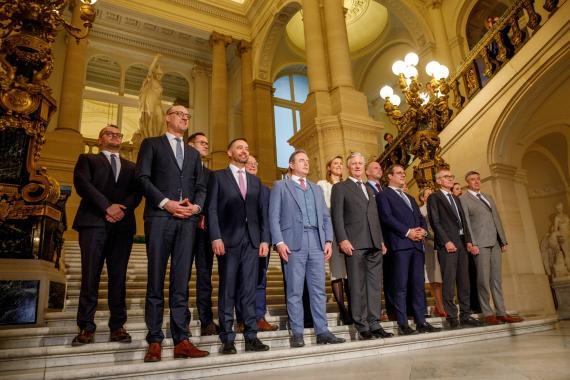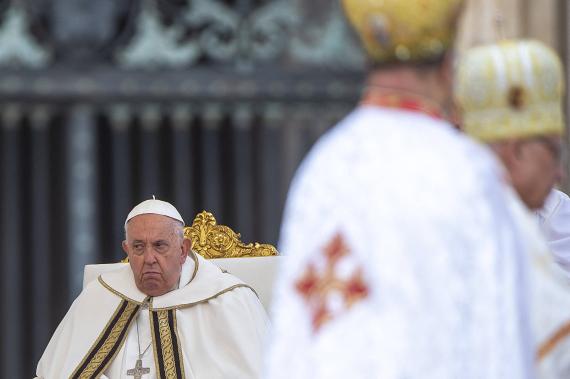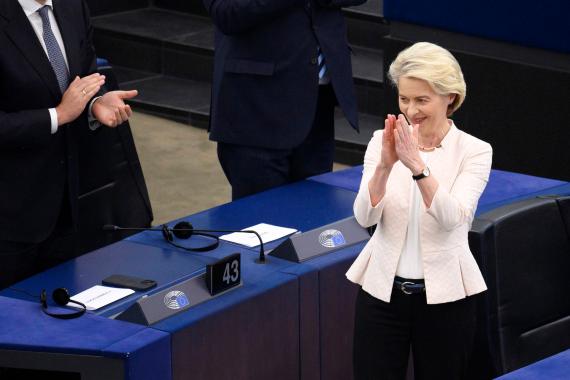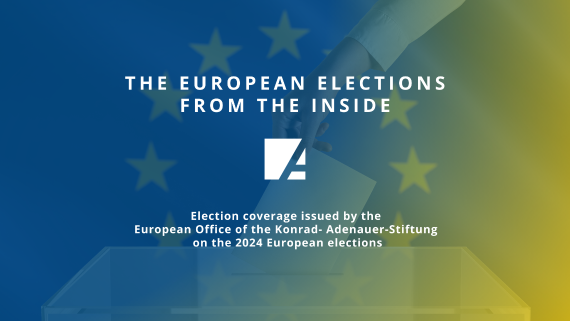Country Reports
Short political reports of the KAS offices abroad
The Konrad-Adenauer-Stiftung is a political foundation. Our offices abroad are in charge of over 200 projects in more than 120 countries. The country reports offer current analyses, exclusive evaluations, background information and forecasts - provided by our international staff.
Event Reports
The Konrad-Adenauer-Stiftung, its educational institutions, centres and foreign offices, offer several thousand events on various subjects each year. We provide up to date and exclusive reports on selected conferences, events and symposia at www.kas.de. In addition to a summary of the contents, you can also find additional material such as pictures, speeches, videos or audio clips.
Ratsberichte
Sammlung aller Ratsberichte des Europabüros in Brüssel.
Security Snapshot
The KAS Europe Security Snapshot is designed to provide concise and insightful analysis on a range of security issues, notably those that are currently prominent on the political agenda in Europe and others that are not yet being sufficiently addressed. Against the backdrop of the current geopolitical challenges and the advent of a new era for European security and defence, as indicated in the political guidelines of the new European Commission, the publication series aims to break down current trends in order to make them accessible to a wider audience. New briefings will be published several times per year



